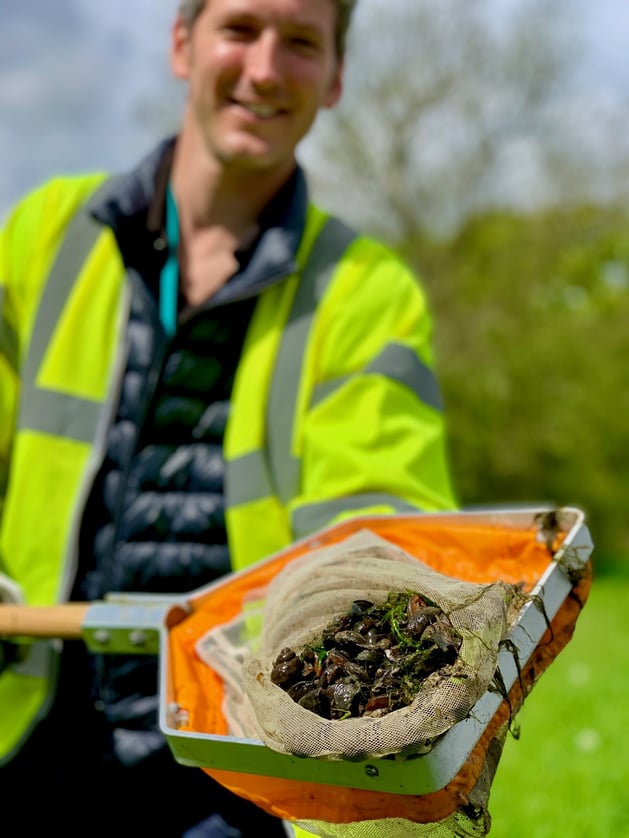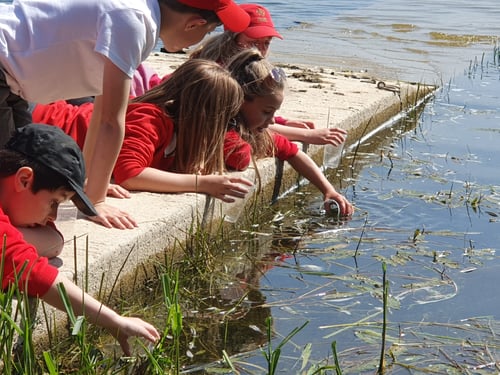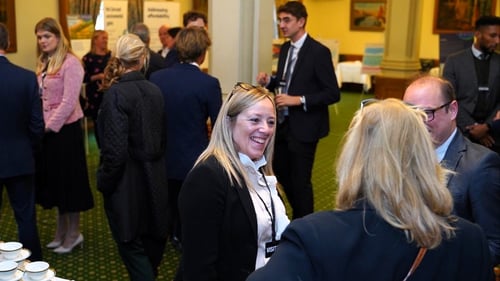
Each day, unknown to the city as the taps turn, a war takes place between Zebra mussels and the water treatment team at Bristol Water. If not acted upon, these small innocent looking shellfish would overtake and block the water supply at the largest treatment works in the region.
As part of Non-Native Invasive Species Week, Bristol Water is sharing some insight into the bizarre challenges associated with cleaning your water.
Rob Luckwell, Water Quality Scientist at Bristol Water, said: “They might look small and innocent, but these little invasive species are a constant battle. They cling to the raw water intake pipe at Purton Water Treatment Works and each female mussel is capable of producing up to 1 million larvae in a spawning season! If we don’t stop them they can cause blockages which overtime could impact our ability to get the water into the treatment works. That’s scary, given the works supplies over 400 thousand homes with water.
“Fortunately, we can control them and have done so for many years, but it is a never ending battle that anyone drinking water at home would never know. As well as standard treatments, like chlorine, we’ve been running some experiments on new methods too.”
Zebra mussels are problematic for nature as well as the city’s water supply, they harm other species as they attach themselves to whatever they can, including the highly endangered native freshwater mussel species.
As part of the week, Bristol Water is supporting the Check Clean Dry biosecurity method, a simple checklist for anyone who enters the regions waterways:
- CHECK your equipment and clothing for live organisms—particularly in areas that are damp or hard to inspect
- CLEAN and wash all equipment, footwear and clothes thoroughly. Use hot water when possible. If you do come across any organisms, leave them at the water body where you found them
- DRY all equipment and clothing—some species can live for many days in moist conditions. Make sure you don’t transfer water elsewhere






